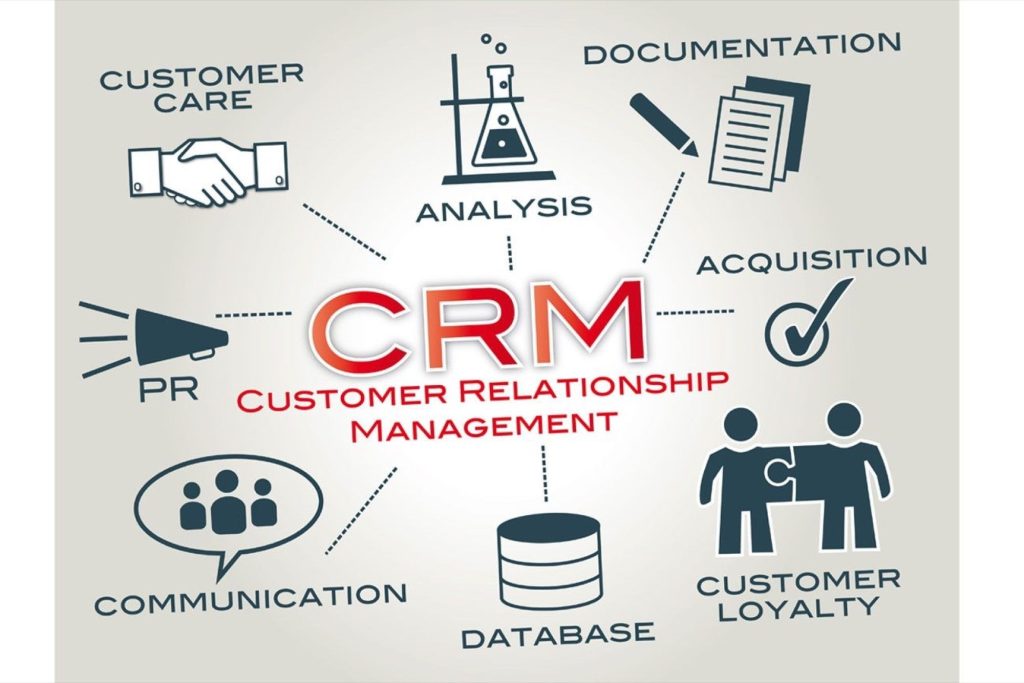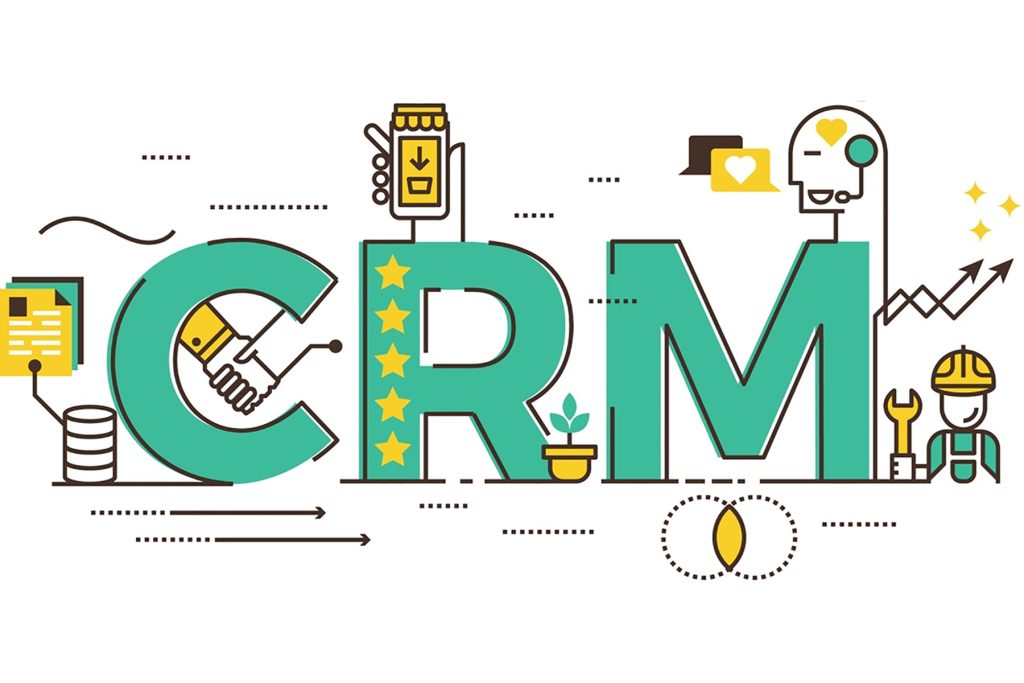The Bro Teknobook’s Introduction to CRM
Greetings, tech enthusiasts! Welcome to this in-depth exploration of Customer Relationship Management (CRM) in high-level business operations. In today’s fast-paced and competitive business landscape, establishing and maintaining strong relationships with customers is paramount. This article will delve into the realm of CRM, shedding light on its significance, benefits, drawbacks, and much more.

Defining CRM: A Comprehensive Overview
Before we dive deeper, let’s lay the foundation by understanding what CRM truly means. At its core, Customer Relationship Management (CRM) refers to the strategies, processes, and technologies that businesses employ to manage and enhance interactions with their customers. It’s not merely a software solution; rather, it’s a holistic approach to cultivating lasting relationships and driving business growth.
The Evolution of CRM
The evolution of CRM can be traced back to the 1980s, when it primarily involved maintaining customer databases. Over the decades, CRM has undergone a remarkable transformation, thanks to advancements in technology and changing customer expectations. Today, it encompasses intricate analytics, personalized marketing, and seamless communication across various touchpoints.

Key Components of a Modern CRM System
Modern CRM systems comprise several key components, each playing a crucial role in optimizing customer interactions:
| Component | Description |
|---|---|
| Customer Data Management | Centralized storage and organization of customer data for easy access and analysis. |
| Interaction Tracking | Monitoring and recording customer interactions to provide a personalized experience. |
| Analytics and Reporting | Generating insights from customer data to make informed business decisions. |
| Marketing Automation | Automating marketing campaigns and tailoring them to individual customer preferences. |
Advantages and Disadvantages of CRM in High-Level Operations
Advantages of Implementing CRM
Embracing CRM in high-level business operations brings forth a plethora of benefits:
1. Enhanced Customer Experience: CRM enables personalized interactions, boosting customer satisfaction.
2. Deeper Insights: By analyzing customer data, businesses gain valuable insights into preferences and behaviors.
3. Informed Decision-Making: Data-driven decisions lead to more effective strategies and resource allocation.
4. Stronger Relationships: CRM fosters trust and loyalty, resulting in long-lasting customer relationships.
5. Efficient Time Management: Automation reduces manual tasks, allowing teams to focus on high-value activities.
6. Streamlined Sales Process: CRM optimizes sales pipelines, increasing conversion rates.
7. Multi-Channel Integration: Seamlessly manage interactions across various communication channels.

Drawbacks of CRM Implementation
Despite its benefits, CRM also presents some challenges:
1. Complex Implementation: Integrating CRM systems can be intricate and time-consuming.
2. Data Security Concerns: Storing sensitive customer data requires robust security measures.
3. Resistance to Change: Employees might resist adopting new CRM processes and tools.
4. Initial Investment: Implementing CRM involves costs for software, training, and infrastructure.
5. Learning Curve: Training staff to effectively use CRM systems takes time and effort.
6. Over-Automation: Excessive automation can lead to impersonal interactions and alienate customers.
7. Potential System Failures: Technical glitches or downtime can disrupt operations.

Comprehensive Table: Elements of CRM System
| Component | Description |
|---|---|
| Customer Data Management | Centralized storage of customer information for analysis and engagement. |
| Interaction Tracking | Recording and monitoring customer interactions for personalized responses. |
| Analytics and Reporting | Generating insights from customer data for strategic decision-making. |
| Marketing Automation | Automating marketing campaigns based on customer preferences. |
Frequently Asked Questions (FAQs) About CRM
1. What is the main purpose of CRM in business operations?
2. How does CRM contribute to customer retention?
3. Can small businesses benefit from CRM?
4. What challenges might arise during CRM implementation?
5. How does CRM help in streamlining sales processes?
6. What security measures should businesses take to protect customer data?
7. Is CRM limited to managing customer interactions only?

8. What role does automation play in modern CRM?
9. How can businesses ensure a smooth transition to a CRM system?
10. What impact does CRM have on data-driven decision-making?
11. Are there industry-specific CRM solutions available?
12. How does CRM adapt to the ever-changing digital landscape?
13. What’s the future of CRM technology?
Summing Up and Taking Action
As we conclude this comprehensive exploration of CRM in high-level business operations, it’s evident that CRM plays a pivotal role in shaping modern customer interactions. By leveraging CRM’s advantages and mitigating its drawbacks, businesses can foster strong relationships, enhance efficiency, and drive growth. It’s essential to approach CRM implementation with careful planning, adequate training, and a customer-centric mindset. So, whether you’re a seasoned business leader or an aspiring entrepreneur, integrating CRM could be the game-changer your business needs. Seize the opportunity to revolutionize your customer relationships and elevate your business to new heights!

Closing Thoughts and Disclaimer
In wrapping up, remember that the information provided here serves as a comprehensive overview of CRM in high-level business operations. The details presented are based on the knowledge available up to September 2021. As technology and business practices continue to evolve, it’s recommended to stay updated with the latest trends and insights in CRM. Implementing CRM requires careful consideration of your specific business needs and objectives. Always consult with industry experts and conduct thorough research before making significant changes to your business processes.




